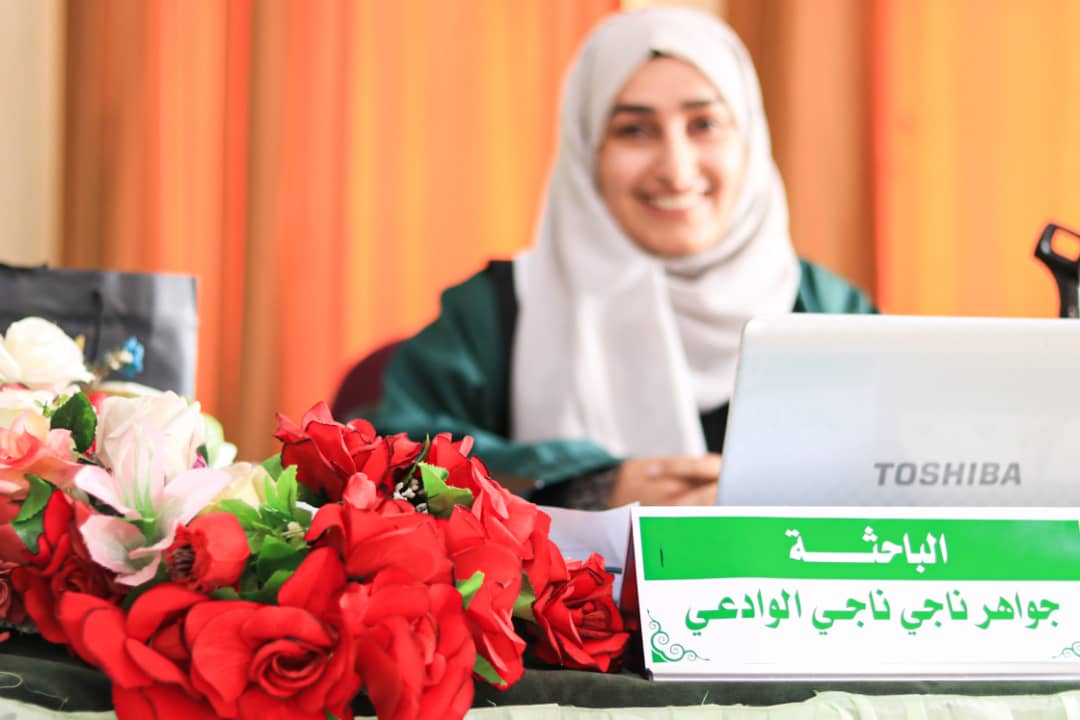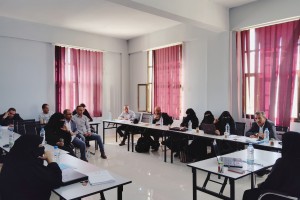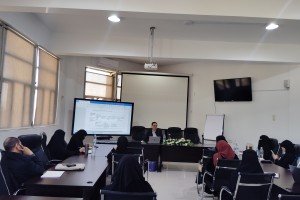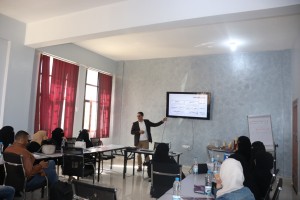Master’s Degree Awarded to Researcher Jawaher Naji Naji

Researcher Jawaher Naji Naji Al Wadei has been awarded her Master’s degree with distinction in International Development Studies from the Inclusive Development Research Center at Sana’a University. Her thesis, titled “Leadership Styles of Entrepreneurs and Their Relationship to The Success of Entrepreneurial Projects in Yemen,” was successfully defended on Tuesday, March 4, 2025.
The examination committee included esteemed members: Prof. Dr. Mohammed Yahya Al-Rafiq served as the external examiner and chair; Assoc. Prof. Dr. Ilham Mohammed Al-Ridha acted as the internal examiner and member; and Assoc. Prof. Dr. Abdul Wahab Abdul Qadir served as the supervisor and member.
The research aimed to investigate the impact of leadership styles on the success of entrepreneurial projects in Yemen, specifically focusing on the capital city, Sana’a, to identify the leadership styles predominantly used by these entrepreneurs.
The findings revealed several key insights: the overall level of leadership style practice among entrepreneurs in Yemen was found to be high. Specifically, the practice of transactional leadership showed moderate levels, with high engagement in contingent reward and positive management by exception, while negative management by exception was practiced at low levels. Transformational leadership was associated with a high level of practice, particularly in inspirational motivation and intellectual stimulation, although individualized consideration was the least practiced. Other leadership styles, such as laissez-faire and authoritarian, exhibited moderate levels, while participative and entrepreneurial styles showed high levels of practice.
In her thesis, Jawaher offered several recommendations, including organizing workshops and training courses for entrepreneurs to develop their transactional leadership skills and encourage the use of transformational leadership styles, with an emphasis on fostering positive communication and creating a collaborative work environment. She also recommended promoting participative leadership, providing necessary support and resources—including mentorship from successful leaders—conducting regular assessments of project performance, involving all stakeholders in leadership strategy development, and supporting research on the impact of leadership styles on project success. Additionally, she called for future studies on the social, economic, psychological factors, and governmental policies influencing entrepreneurship.
The thesis defense was attended by a diverse audience, including academics, researchers, students, and other interested individuals, as well as colleagues and family members of the researcher.







